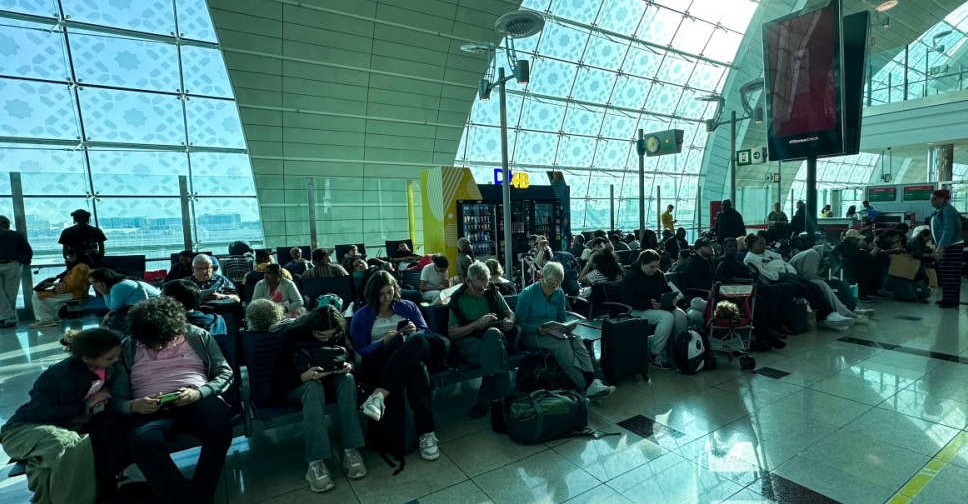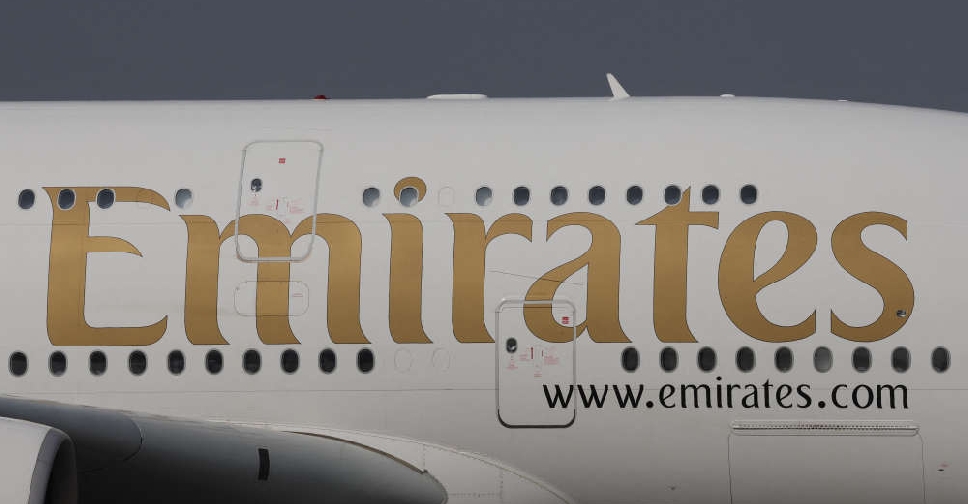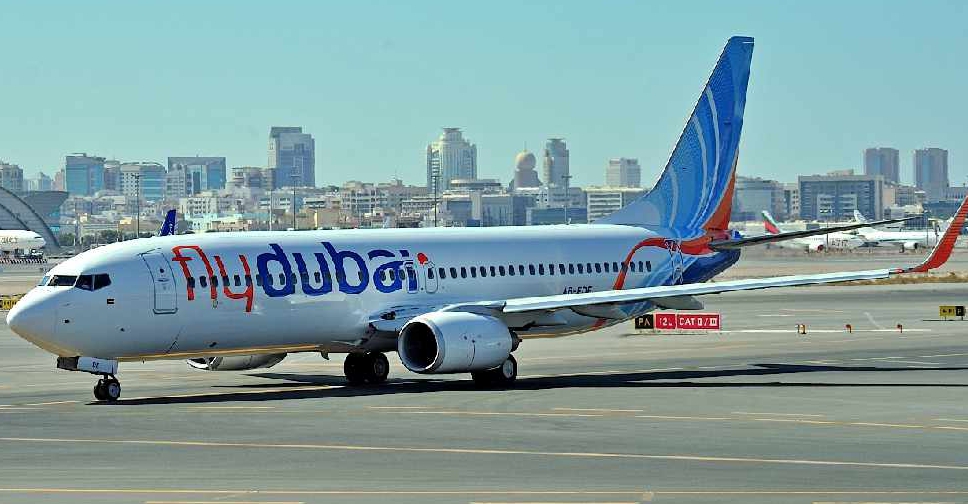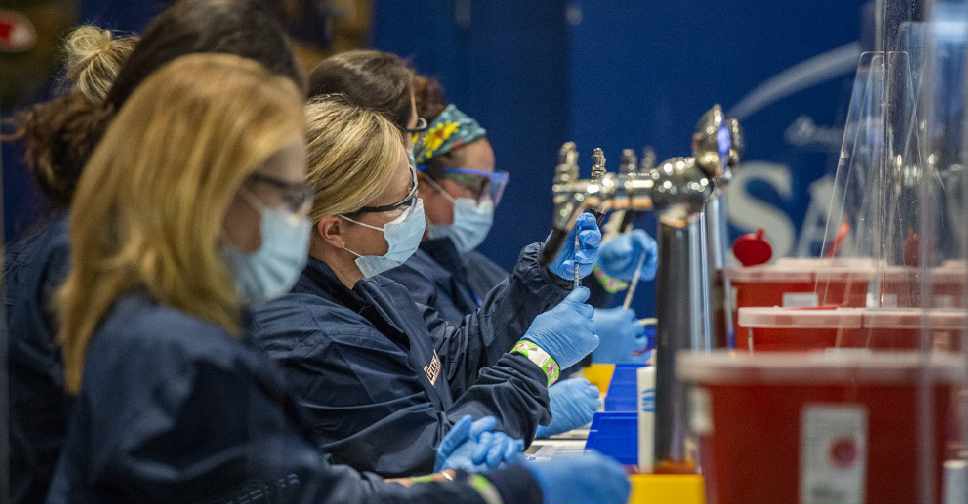
As more Americans ready for their second COVID-19 vaccine shot, some patients are falling through the cracks of an increasingly complex web of providers and appointment systems.
While many people are getting their required second doses, the process is taking a toll on some of the most vulnerable - older adults who in many cases rely on family members or friends to navigate complex sign-up systems and inconvenient locations.
Available vaccines need to be given as two separate doses weeks apart, and confusion is further taxing an already challenged health care system. Houston's health department on Friday told those seeking a second dose to be patient, saying the volume of calls was creating long wait times at its call center.
As of Monday, 26 million people in the United States had received a first vaccine shot, and almost 6 million had the second, according to the US Centers for Disease Control and Prevention (CDC). The CDC has also said states lag in reporting data so it is unclear if that might affect the dose counts.
"There's going to be some delay in getting second doses," said Beth Blauer, Executive Director at the Centers for Civic Impact at Johns Hopkins University, who is tracking vaccination data for the university’s Coronavirus Resource Center.
She had expected the number of first doses to plateau as priority populations began to get second doses, but that tapering off was happening slower than expected.
"We're still seeing the first dose climb which means that there's going to essentially be an unrealistic expectation that you're going to get your second dose, because we know that there's finite supply."
Guidelines call for a second shot of Moderna Inc's vaccine four weeks after the first dose, while the gap is three weeks for the Pfizer Inc/BioNTech vaccine. The CDC has said an interval as long as six weeks is acceptable for either vaccine.

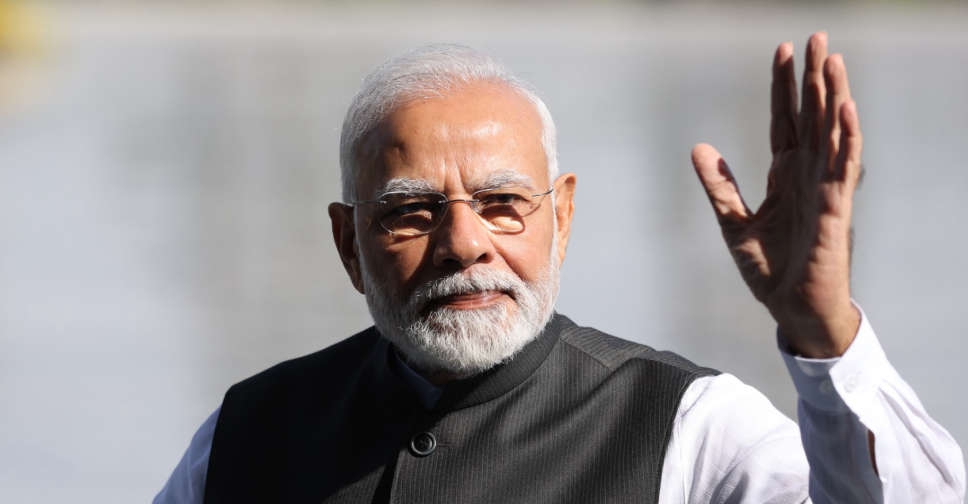 India begins voting in election as Modi seeks historic third term
India begins voting in election as Modi seeks historic third term
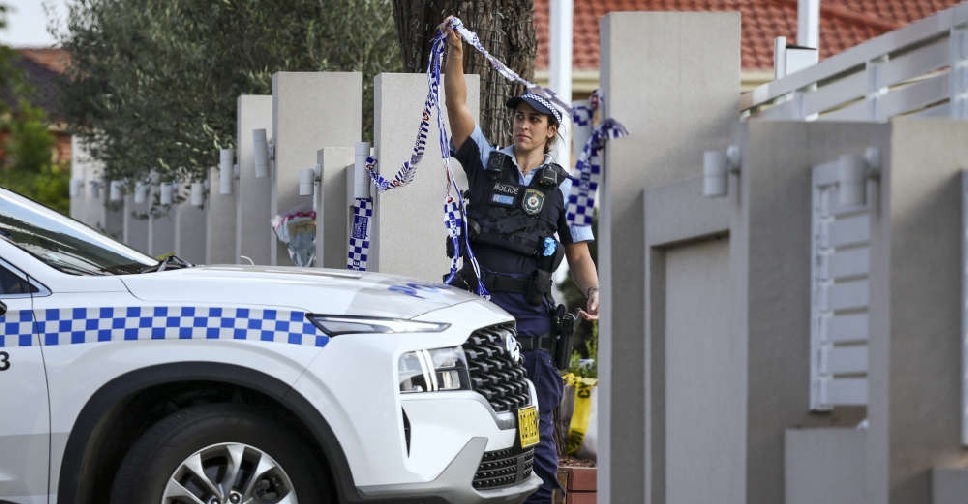 Teenager charged with terrorism over Sydney bishop stabbing
Teenager charged with terrorism over Sydney bishop stabbing
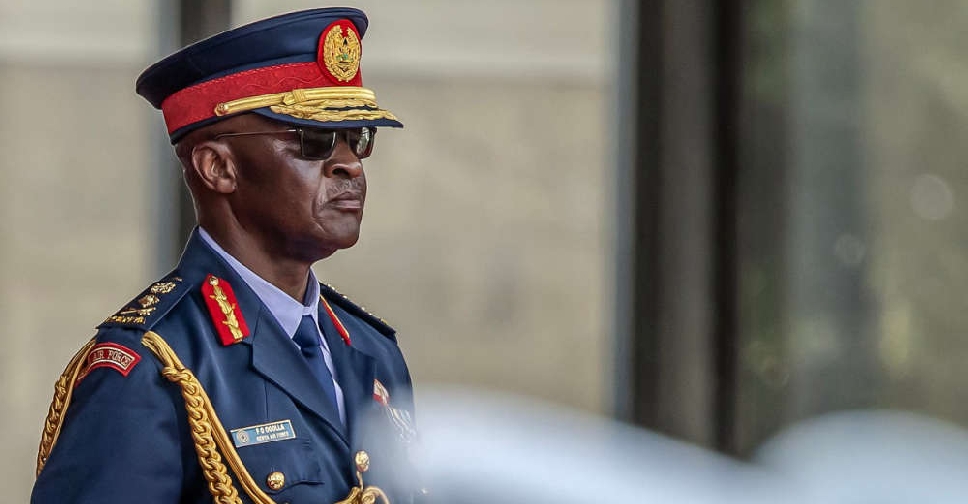 Kenya's military chief among 10 killed in helicopter crash
Kenya's military chief among 10 killed in helicopter crash
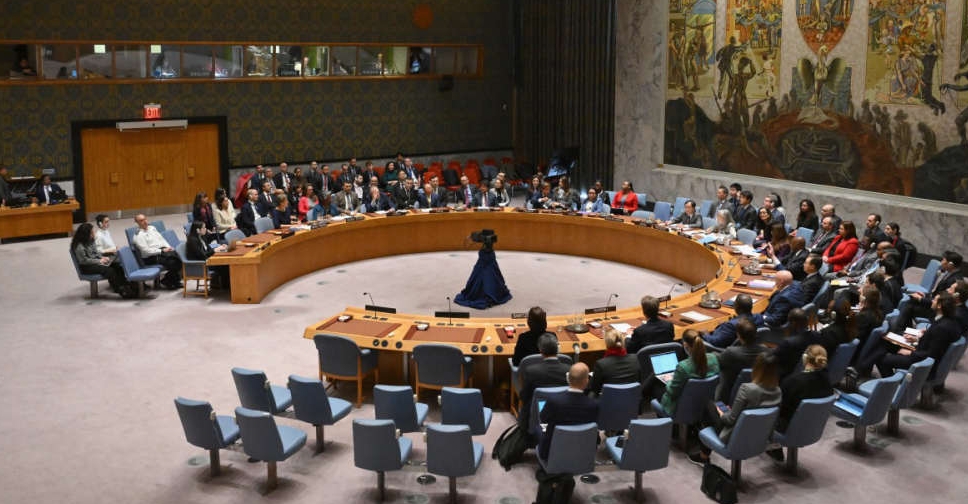 Security Council to vote on Palestinian UN membership
Security Council to vote on Palestinian UN membership
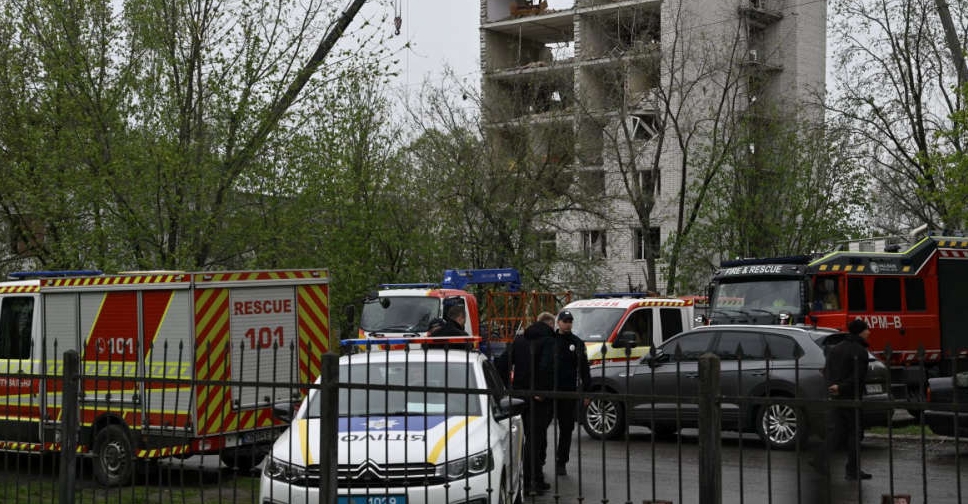 Toll from Russia's deadliest airstrike on Ukraine in weeks rises to 18
Toll from Russia's deadliest airstrike on Ukraine in weeks rises to 18
